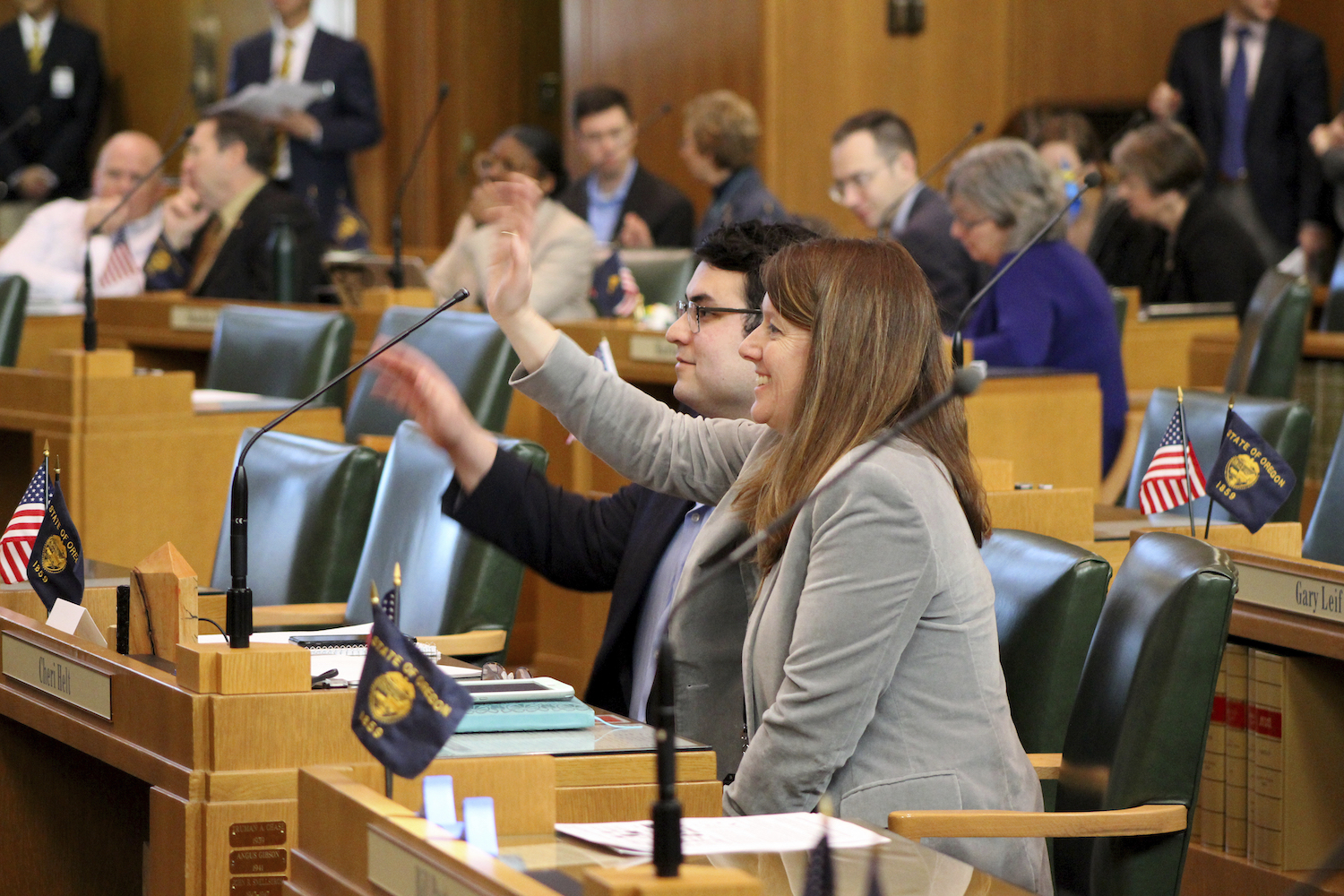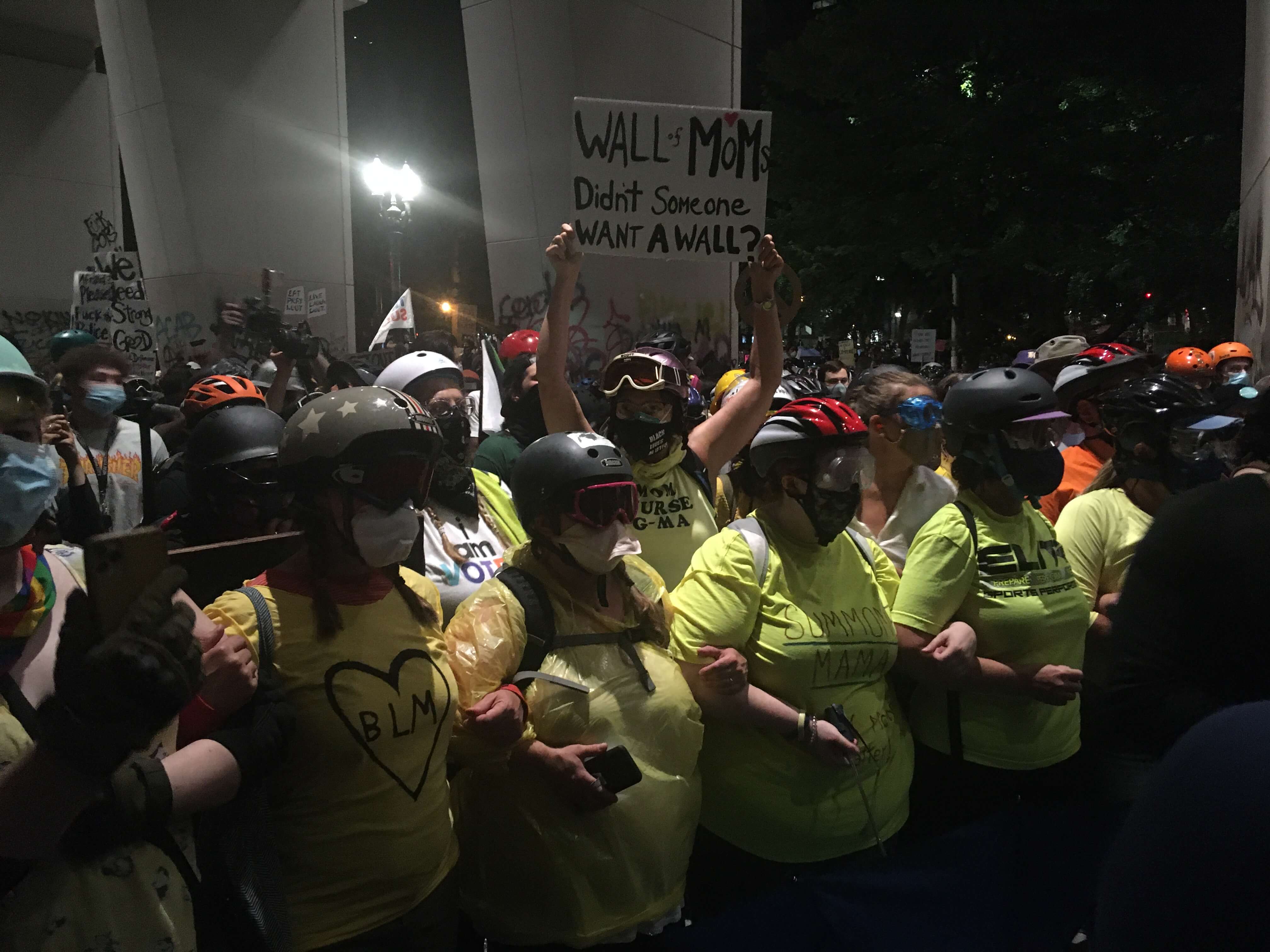Following the arrest of Kremlin critic Alexei Navalny on Jan. 17, tens of thousands of his supporters have taken to the streets despite below-freezing temperatures and mass arrests, according to AP News.
Navalny was arrested for violating the terms of a suspended jail sentence the day after he returned to Russia after recovering from a nerve agent poisoning last summer. Navalny was ordered to remain in custody for 30 days.
“Don’t be afraid, take to the streets,” Navalny said in a video statement. “Don’t come out for me, come out for yourselves and your future.”
Videos posted on social media sites such as TikTok, Youtube and Instagram helped spread information and organize protests. Federal media and IT watchdog Roskomnadzor told TikTok to block the videos, saying they incited minors to participate in unauthorized rallies, which is illegal under Russian law. According to Roskomnadzor, TikTok deleted 38% of protest-related content. Additionally, Instagram deleted 17% and YouTube deleted 50% of posts deemed illegal.
Despite censoring attempts and temperatures as low as minus 58 degrees, approximately 15,000 people gathered in Pushkin Square in Moscow on Jan. 23. Violence broke out between demonstrators and police who reportedly roughly dragged protesters to police buses and detention buses.
“I’m not afraid because we are the majority,” protester Leonid Martynov said. “We mustn’t be scared by clubs because the truth is on our side.”
The OVD-Info protest monitor group announced that as of Jan. 23, at least 3,060 people—including 1,099 in Moscow—had been detained across the country.
“Time and time again, Russian authorities have suppressed free speech and peaceful protest through police brutality, violence, and mass arrests and January 23 was no exception,” said Damelya Aitkhozhina, Russia researcher at Human Rights Watch. “The authorities understand their obligations to respect fundamental human rights and choose not just to ignore them but to trample all over them.”
“The crackdown on dissent in Russia has become increasingly brutal—and desperate—even compared to vicious reprisals in recent years,” said Natalia Zviagina, Amnesty International’s Moscow Office Director on Jan. 28. “The authorities appear shamelessly bent on violating human rights by silencing their critics.”
On Jan. 31 alone, over 5,100 people were detained during protests in Moscow and other Russian cities.
“The Kremlin is waging a war on the human rights of people in Russia, stifling protesters’ calls for freedom and change. This is a desperate attempt to silence criticism, and it needs to stop,” Zviagina said following the occurrences on Jan. 31.
“All peaceful protesters and activists detained for peacefully participating in protests are prisoners of conscience and must be released immediately and unconditionally. Police must stop using unlawful force and instead uphold their obligation to protect the human rights of Russian people.”
In preparation for Sunday’s protests, riot police and national guard troops shut down seven metro stations and blocked streets in Moscow. The protest in Moscow was originally planned to be held on Moscow’s Lubyanka Square, headquarters of the Federal Security Service—who Navalny blames for the poisoning—however, the police presence forced the protest to other central squares.
Despite knowing the potential repercussions of attending protests, people throughout the country still felt it was necessary and worth the risk.
“I understand that I live in a totally lawless state. In a police state, with no independent courts. In a country ruled by corruption. I would like to live differently,” said a protester in Moscow, according to Reuters.
“I do not want my grandchildren to live in such a country,” said Vyacheslav Vorobyov, who attended a rally in Yekaterinburg, Russia. “I want them to live in a free country.”
Other countries have criticized the actions of the Russian government.
According to Reuters, Lithuania, Estonia and Latvia have asked the European Union foreign ministers to discuss sanctions on Russia for Navalny’s detainment.
Swedish Foreign Minister and chair of the Organization for Security and Cooperation in Europe, Ann Linde, condemned “the excessive use of force by authorities and mass detention of peaceful protesters and journalists.” Lind also told Russia “to release all those unjustly detained, including Navalny.”
“The [United States] condemns the persistent use of harsh tactics against peaceful protesters and journalists by Russian authorities for a second week straight,” said the U.S. secretary of state, Antony Blinken, according to The Guardian. “We renew our call for Russia to release those detained for exercising their human rights, including Alexei Navalny.”
Russian Foreign Ministry described Blinken’s statement as “crude interference in Russia’s internal affairs” and accused the US of attempting to worsen the situation, according to AP News.
“Navalny’s case has received a foreign policy dimension artificially and without any foundation,” said Russian Foreign Minister Sergey Lavrov, asserting that Navalny’s detention was a right of Russian law enforcement agencies. “It’s a matter of observing the law.”
A Moscow court denied Navalny’s appeal for release and a hearing scheduled for Feb. 2 could change his original three and a half year suspended sentence to one that he must serve in prison.
“I want to express my full support to all those who come out in the streets because only they are the last obstacle to complete degradation of our country, the last obstacle for those in power to steal everything,” Navalny said in his closing message at the appeal hearing. “These people are in fact defenders of our country and patriots of our country.”






